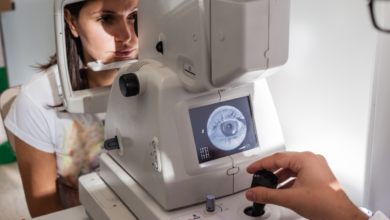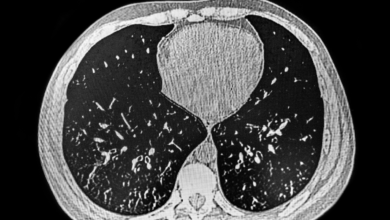Kidney Disease

What is Kidney disease ?
Kidney disease refers to a range of conditions that affect the kidneys, the organs responsible for filtering waste and excess fluid from the blood. When the kidneys don’t function properly, it can lead to a buildup of toxins in the body and other health complications.
what are the symptoms of Kidney disease ?
Symptoms of Kidney Disease:
- Fatigue: Feeling tired or exhausted.
- Swelling: Swelling in the ankles, feet, or hands.
- Shortness of breath: Difficulty breathing.
- Loss of appetite: Decreased appetite or nausea.
- High blood pressure: Persistent high blood pressure.
- Changes in urination: Frequent urination, difficulty urinating, or blood in the urine.
- Back pain: Pain in the lower back.
- Anemia: Low red blood cell count, leading to fatigue and weakness.
who can suffer from Kidney disease ?
Anyone can develop kidney disease, but certain factors increase the risk, including:
- Diabetes: High blood sugar levels can damage the kidneys.
- High blood pressure: Chronic high blood pressure puts stress on the kidneys.
- Family history: A family history of kidney disease increases the risk.
- Age: The risk of kidney disease increases with age.
- Certain medications: Some medications can harm the kidneys.
- Autoimmune diseases: Conditions that attack the body’s own tissues can affect the kidneys.
What are the types of Kidney disease ?
Types of Kidney Disease:
- Chronic kidney disease (CKD): A progressive condition where the kidneys gradually lose their ability to function.
- Acute kidney injury (AKI): A sudden and rapid decline in kidney function.
- Kidney stones: Hard deposits that form in the kidneys and can cause severe pain.
- Polycystic kidney disease (PKD): A genetic disorder that causes cysts to form in the kidneys.
Which diagnostic tests are available for Kidney disease?
Diagnostic Tests for Kidney Disease:
- Blood tests: To measure kidney function, blood creatinine levels, and other markers.
- Urine tests: To check for protein or blood in the urine.
- Imaging tests: Ultrasound, CT scan, or MRI to visualize the kidneys and detect abnormalities.
- Kidney biopsy: A procedure to remove a small sample of kidney tissue for examination.
What is the treatment of Kidney disease?
Treatment of Kidney Disease:
The treatment for kidney disease depends on the underlying cause and the severity of the condition. It may include:
- Medications: To manage blood pressure, diabetes, or other underlying conditions.
- Dietary changes: A low-sodium, low-protein diet may be recommended.
- Dialysis: A procedure to filter the blood when the kidneys are no longer functioning properly.
- Kidney transplant: Replacing a damaged kidney with a healthy one from a donor.
Which diet I should take, if any ?
Diet for Kidney Disease:
A kidney-friendly diet often involves limiting sodium, potassium, and phosphorus intake. A registered dietitian can provide personalized dietary advice based on your specific needs.
Which speciality of the doctor will treat Kidney disease ?
- Nephrologist
Is Kidney disease completely curable ?
The curability of kidney disease depends on the underlying cause and the stage of the disease. Some conditions, such as acute kidney injury, may be reversible with appropriate treatment. However, chronic kidney disease is often progressive and may require long-term management or dialysis. In some cases, a kidney transplant can be a curative option.





